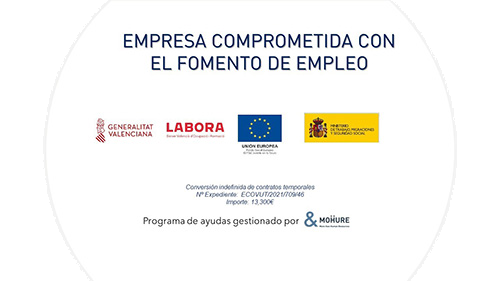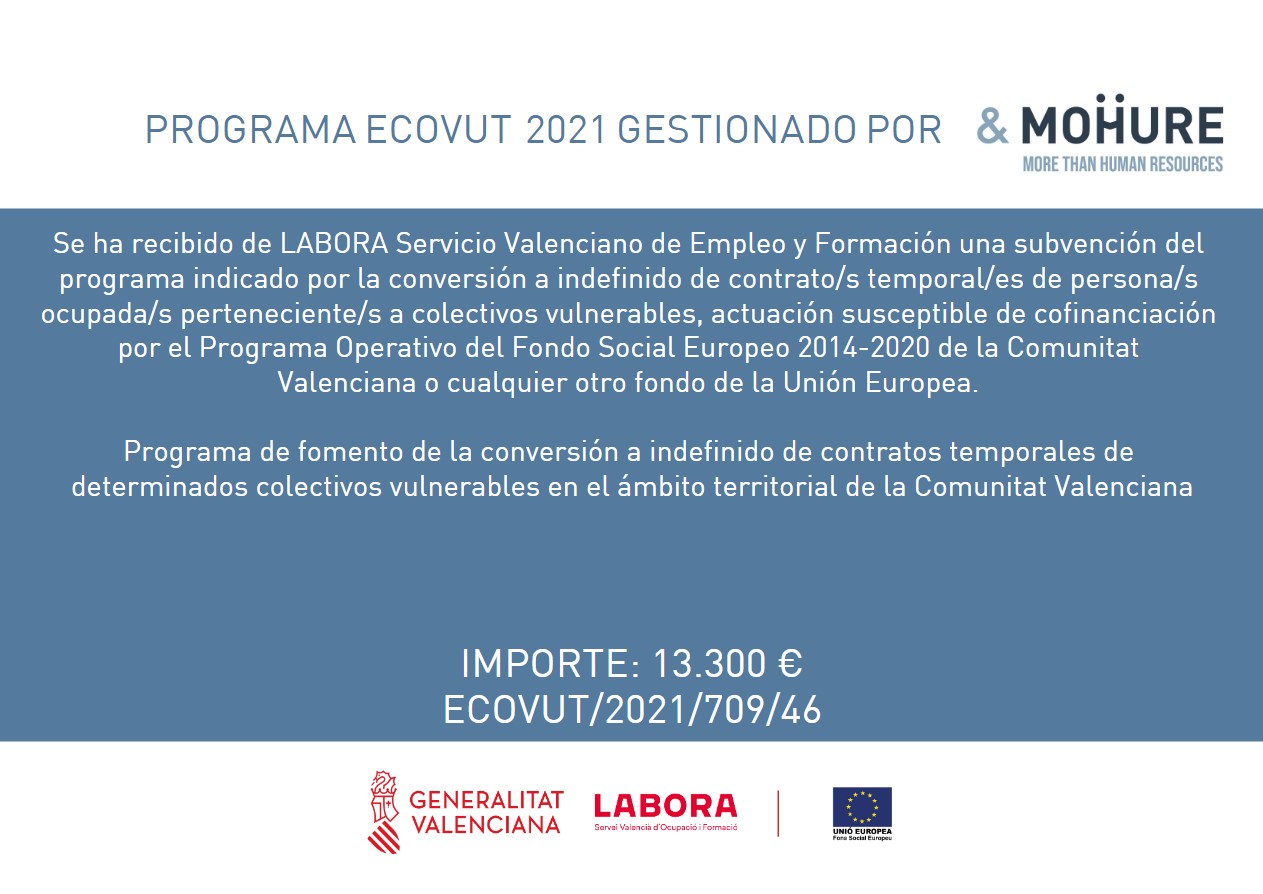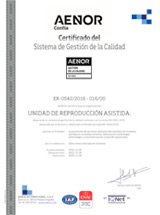The director of the Reproductive Unit of the Immaculate Hospital of Granada presented in the Masters of Reproductive Medicine and Genetics the management of the patient with low ovarian response
 “The most important parameter for a woman who wants to be a mother is age,” stressed the director of the Reproductive Unit of the Hospital Inmaculada de Granada, Luis Martínez, at the Conference “Management of the patient with low response”, given to the Students of the Masters in Reproductive Medicine and Genetics, organized by the Chair of Clinical Reproductive Biomedicine Vistahermosa, the Cell Biology Area of the Faculty of Medicine and Reproduction and Genetics Units of the Clínica HLA Vistahermosa Hospital.
“The most important parameter for a woman who wants to be a mother is age,” stressed the director of the Reproductive Unit of the Hospital Inmaculada de Granada, Luis Martínez, at the Conference “Management of the patient with low response”, given to the Students of the Masters in Reproductive Medicine and Genetics, organized by the Chair of Clinical Reproductive Biomedicine Vistahermosa, the Cell Biology Area of the Faculty of Medicine and Reproduction and Genetics Units of the Clínica HLA Vistahermosa Hospital.
“Only age marks the quality of the eggs, while the parameters of measurement of the ovarian reserve mark the amount,” says the expert, and states that “a woman under 35 years old with three oocytes will have a 20% rate Of a child born alive; However a woman of 40 years will never reach that percentage “.
Pregnancy rates in women aged 43 years and older with their own eggs are reduced to 5%. According to data from the Spanish Fertility Society (SEF), over 40 years of age, 75% of pregnancies of children born alive are produced by ovodonation.
Based on his experience, this specialist comments that in “Spain there is no real perception. Everyone knows it, but nobody assumes it; The  chances of being a mother beyond 35 years decrease markedly. ”
chances of being a mother beyond 35 years decrease markedly. ”
Based on these data, specialists in Reproductive Medicine advise the vitrification of eggs of fertile age to those women who decide to delay their maternity and wish to choose to have biological children in advanced age. “It is preferable to vitrify few eggs of a woman of 30 years, age in which the quality and quantity are usually associated, many eggs of a woman of 40, since quantity does not guarantee quality.”
In his presentation, Dr. Luis Martínez explained that the low ovarian response is synonymous with reduced ovarian capacity, for which different treatments are applied with androgens, growth hormone, accumulation of eggs, etc .; However “I consider that the most correct thing is to personalize and individualize the treatments, since each patient is a particular case and that the solutions are different according to the problem they present and try to avoid accumulating failures.”
“Most couples want to have a biological child, but when individual possibilities become an obstacle course, either give up or opt for egg donation,” says the expert.










